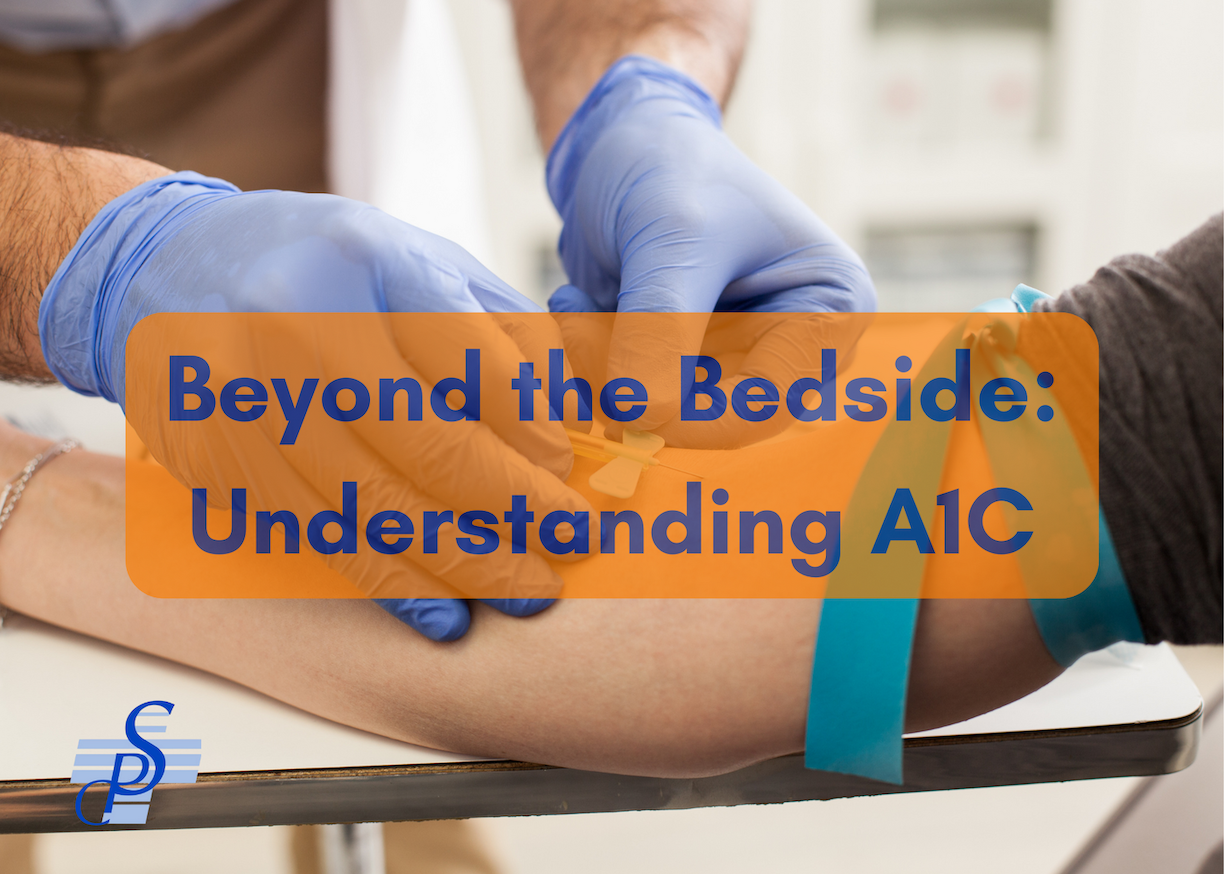Beyond the Bedside: Breast Cancer Awareness Month
By: Dr. Eric Sensenbrenner October is National Breast Cancer Awareness Month. You may notice several groups participating in breast cancer awareness, along with the American Cancer Society. The NFL has been one of the largest platforms for this in its “Crucial Catch” campaign since 2009. Continuing to raise breast cancer awareness informs patients about the importance of cancer screening, as well as provides support for ongoing cancer research. Among women in the United States, breast cancer is the most common occurring cancer, excluding skin cancers. The lifetime risk of developing invasive breast cancer is roughly 12.4% (1 in 8 women) for U.S. women. It is the second leading cause of cancer-related death in women. The chances for getting breast cancer increase with age with the median age at...






